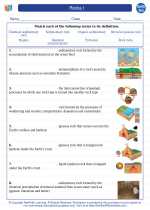Types of Antihypertensive Medications
1. Diuretics
Diuretics, also known as water pills, help the body get rid of excess sodium and water, which reduces blood volume and lowers blood pressure. There are different classes of diuretics including thiazide diuretics, loop diuretics, and potassium-sparing diuretics.
2. Beta-Blockers
Beta-blockers reduce blood pressure by blocking the effects of adrenaline, which lowers the heart rate and relaxes blood vessels. This reduces the workload on the heart and helps to lower blood pressure.
3. Angiotensin-Converting Enzyme (ACE) Inhibitors
ACE inhibitors work by relaxing blood vessels, which lowers blood pressure. They also decrease the production of angiotensin II, a hormone that causes blood vessels to narrow.
4. Angiotensin II Receptor Blockers (ARBs)
ARBs block the action of angiotensin II, leading to relaxation of blood vessels and lowering of blood pressure. They are similar to ACE inhibitors but work at a different point in the renin-angiotensin system.
5. Calcium Channel Blockers
Calcium channel blockers prevent calcium from entering the cells of the heart and blood vessels, which causes the vessels to relax and lowers blood pressure.
6. Alpha-Blockers
Alpha-blockers reduce nerve impulses to blood vessels, allowing blood to pass more easily, which lowers blood pressure.
7. Vasodilators
Vasodilators directly relax the muscles in blood vessel walls, causing the vessels to widen and blood pressure to decrease.
8. Renin Inhibitors
Renin inhibitors decrease the production of renin, an enzyme produced by the kidneys that starts a chain of chemical steps that increases blood pressure.
Mechanisms of Action
- Diuretics - Reduce blood volume by increasing urine output
- Beta-Blockers - Reduce heart rate and decrease the force of heart contractions
- ACE Inhibitors - Relax blood vessels and decrease angiotensin II production
- ARBs - Block the action of angiotensin II, leading to vasodilation
- Calcium Channel Blockers - Relax blood vessels by preventing calcium entry
- Alpha-Blockers - Reduce nerve impulses to blood vessels, causing vasodilation
- Vasodilators - Directly relax blood vessel muscles, causing vasodilation
- Renin Inhibitors - Decrease renin production, reducing the activation of the renin-angiotensin system
◂Earth Science Worksheets and Study Guides High School. Rocks I
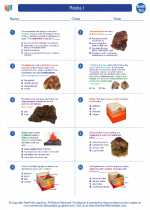
 Worksheet/Answer key
Worksheet/Answer key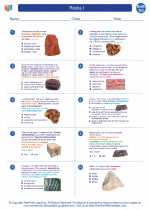
 Worksheet/Answer key
Worksheet/Answer key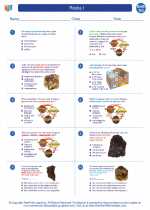
 Vocabulary/Answer key
Vocabulary/Answer key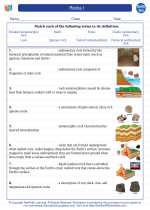
 Vocabulary/Answer key
Vocabulary/Answer key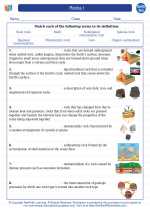
 Vocabulary/Answer key
Vocabulary/Answer key